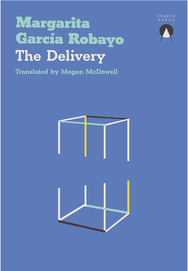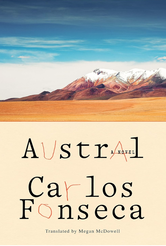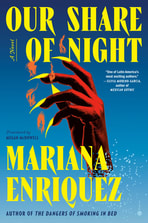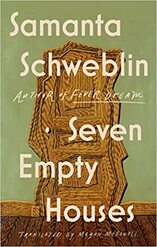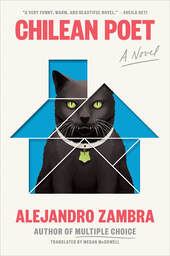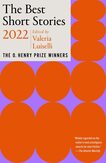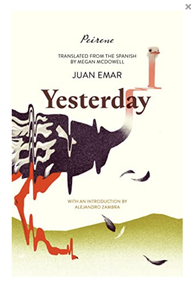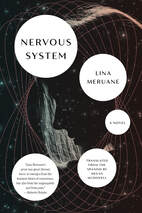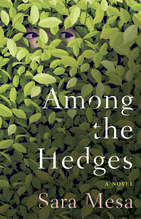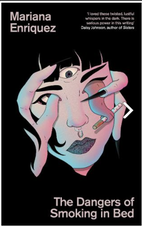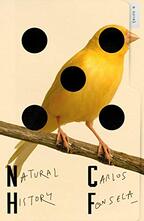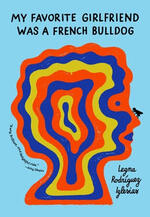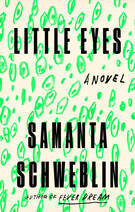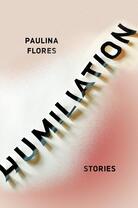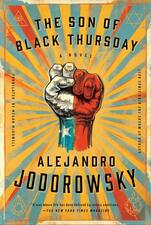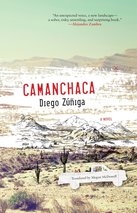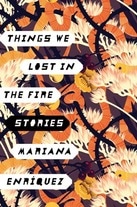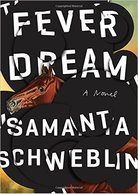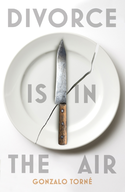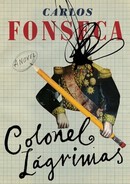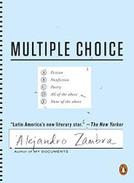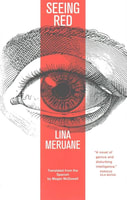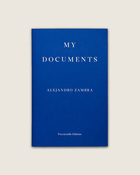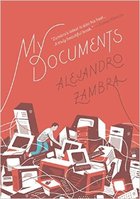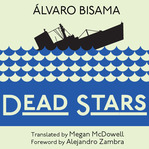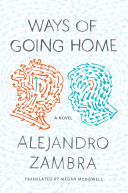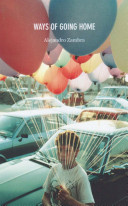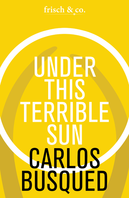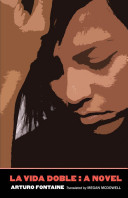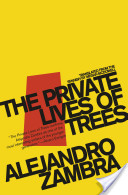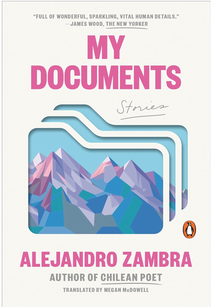
My Documents, by Alejandro Zambra, Penguin Press, 2024. The landmark first story collection from internationally acclaimed author Alejandro Zambra, now featuring five additional stories and an introduction by his longtime collaborator, Megan McDowell
An early desktop computer becomes the third partner in a doomed relationship; an older brother figure whose father lives in exile imparts hilarious life lessons to his young protégé. A man attempts to quit smoking despite the fact that he’s very good at it; another masquerades as the family man he'll never be. Throughout, Pinochet’s dictatorship casts a long shadow, and men in relationships exhibit their profound capacity for both love and harm.
An early desktop computer becomes the third partner in a doomed relationship; an older brother figure whose father lives in exile imparts hilarious life lessons to his young protégé. A man attempts to quit smoking despite the fact that he’s very good at it; another masquerades as the family man he'll never be. Throughout, Pinochet’s dictatorship casts a long shadow, and men in relationships exhibit their profound capacity for both love and harm.
